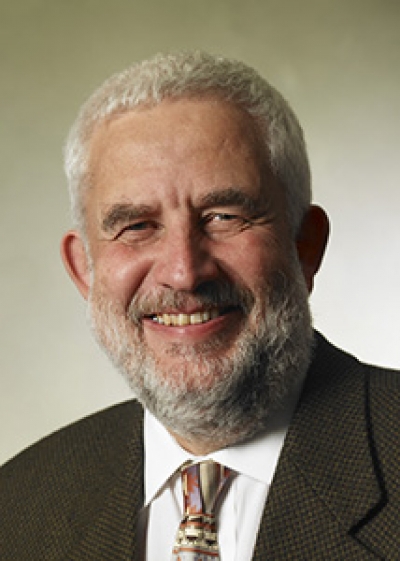
Guest Speaker: What I Wish Every Student Would Learn in Culinary School
Tuesday, 04 August 2015 03:00CAFÉ’s president, editor-in-chief of “Gold Medal Classroom,” reports on an important keynote presentation at the 11th-annual Leadership Conference in Niagara Falls, N.Y., in June.
By Mary Petersen
Chef Christian De Vos (pictured), vice president of Food & Beverage and Guest Services for Delaware North Parks & Resorts based in Buffalo, N.Y., addressed attendees of the 2015 CAFÉ Leadership Conference at Niagara Falls Culinary Institute with a keynote presentation on June 20.

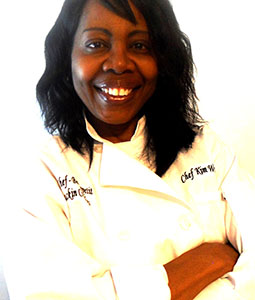 A bakery entrepreneur leaves nursing behind to enroll in an online pastry-certificate program, and the result is sweet.
A bakery entrepreneur leaves nursing behind to enroll in an online pastry-certificate program, and the result is sweet.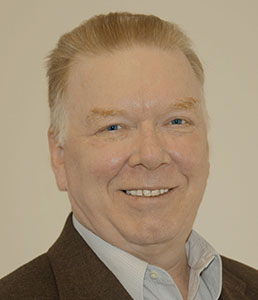 Say a menu item doesn’t sell. Is it overpriced, poorly described, not satisfying to the customer or a combination of these? To understand the basics of restaurant-performance management systems, here are three key teachings that would be part of any 101-level course on the topic.
Say a menu item doesn’t sell. Is it overpriced, poorly described, not satisfying to the customer or a combination of these? To understand the basics of restaurant-performance management systems, here are three key teachings that would be part of any 101-level course on the topic.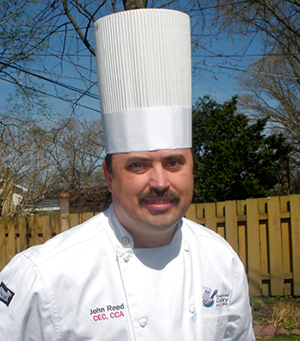 Naturally, educators must stress to their students the critical importance of proper knife skills. But, says this chef-consultant, the reality in the workplace doesn’t always match what we teach. (Don’t miss the YouTube video link.)
Naturally, educators must stress to their students the critical importance of proper knife skills. But, says this chef-consultant, the reality in the workplace doesn’t always match what we teach. (Don’t miss the YouTube video link.)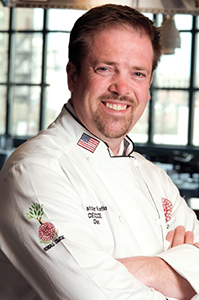 The deadline to submit your entry in the 7th-annual CAFÉ/Kendall College Green Award program is April 1.
The deadline to submit your entry in the 7th-annual CAFÉ/Kendall College Green Award program is April 1.